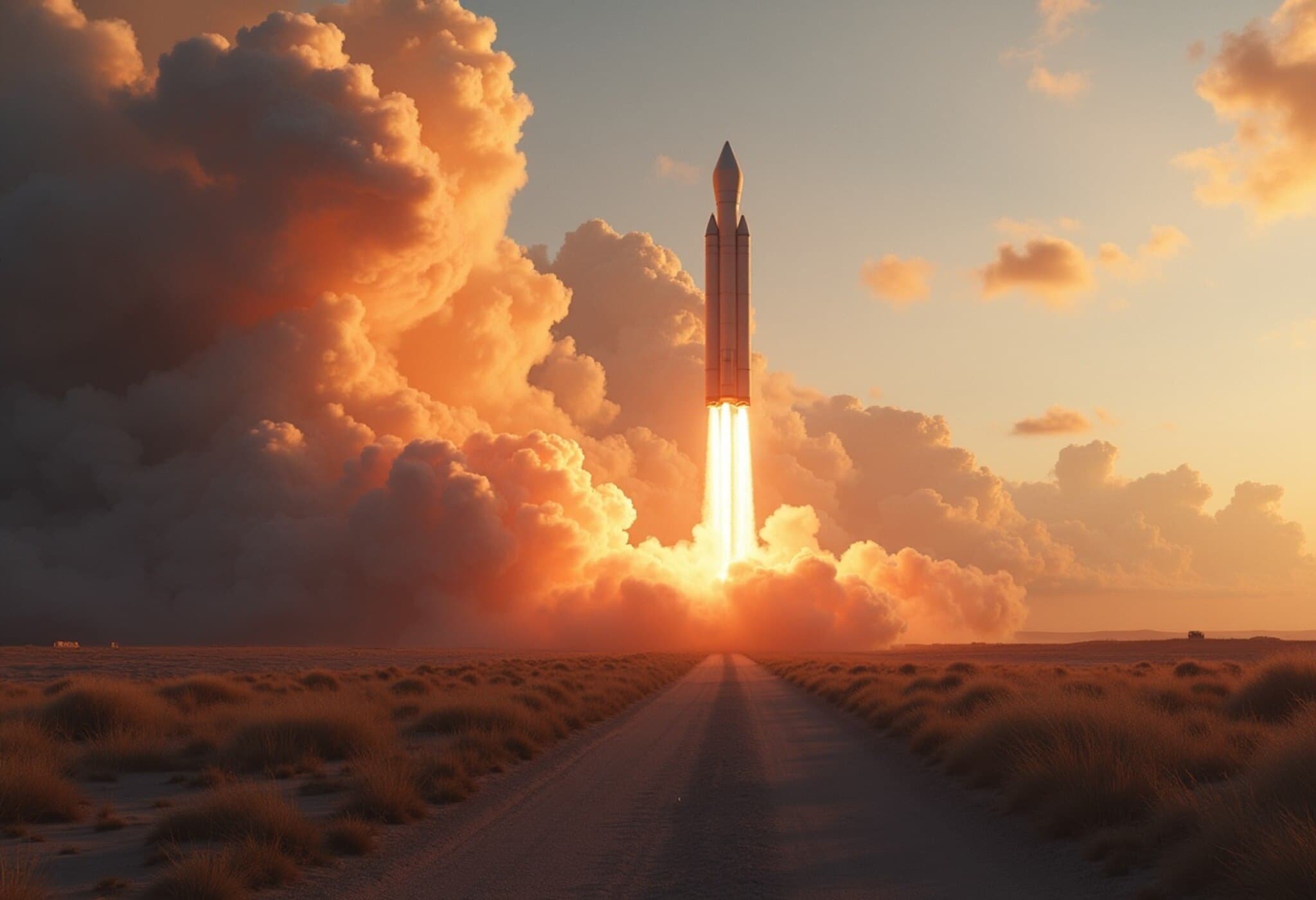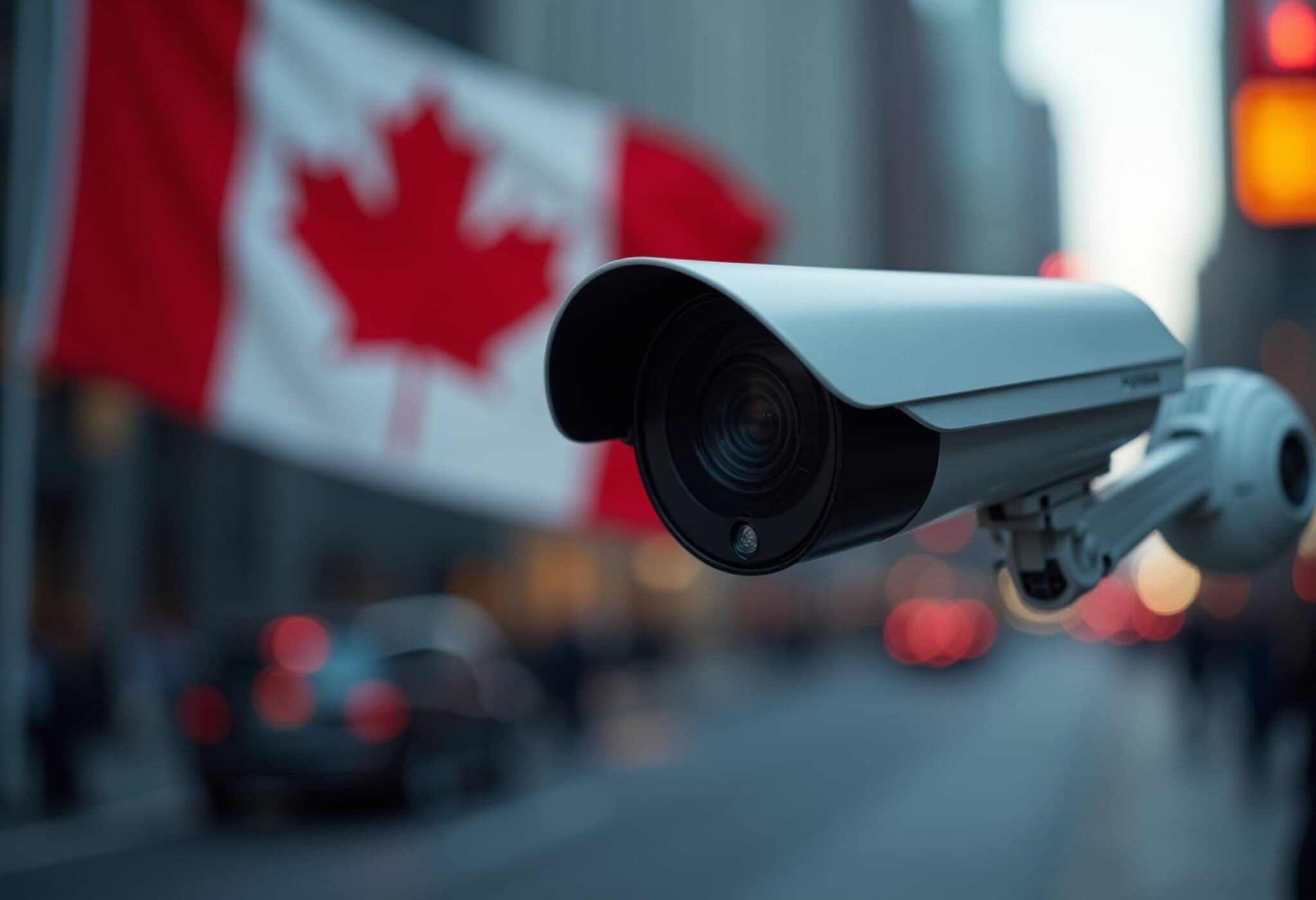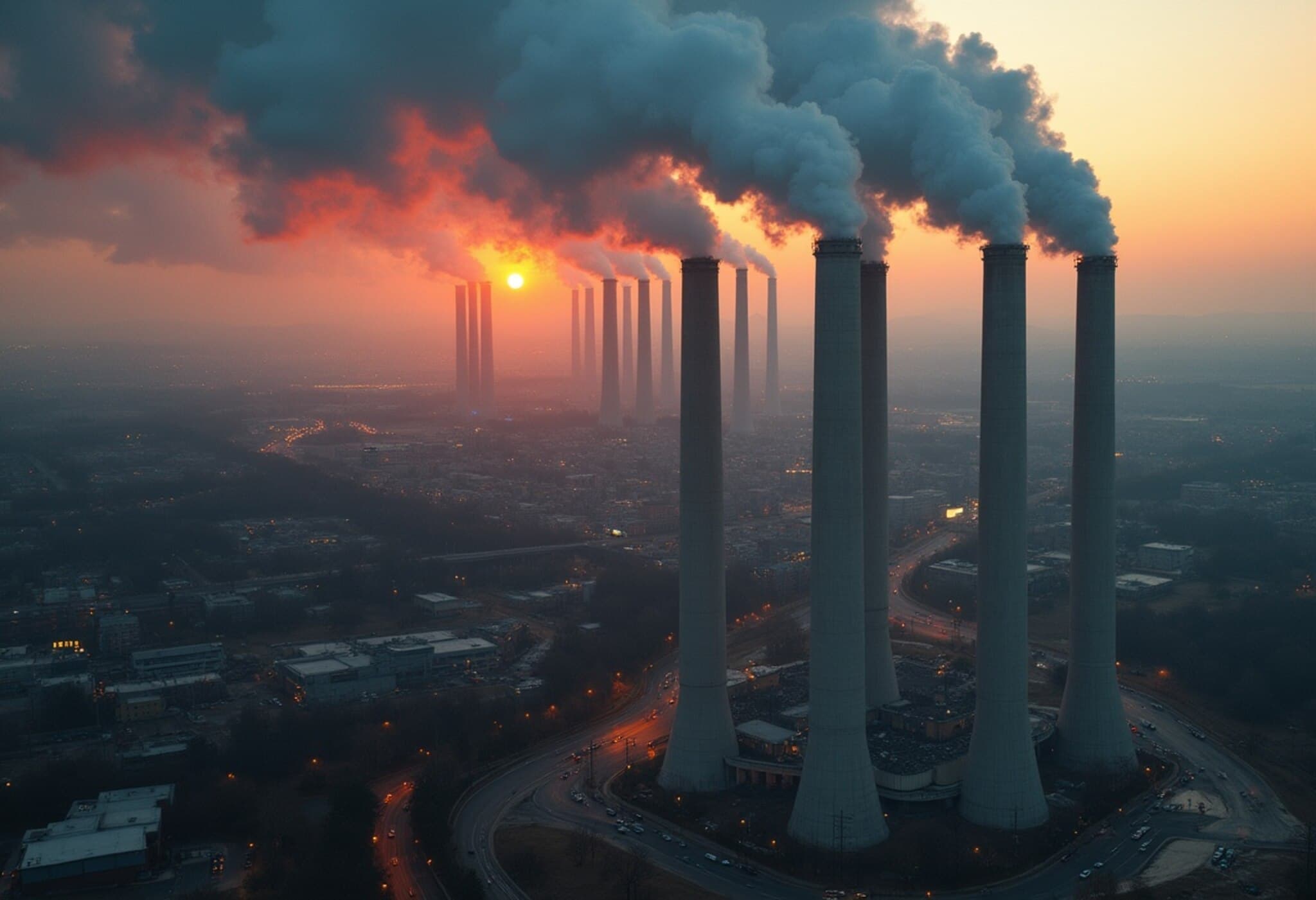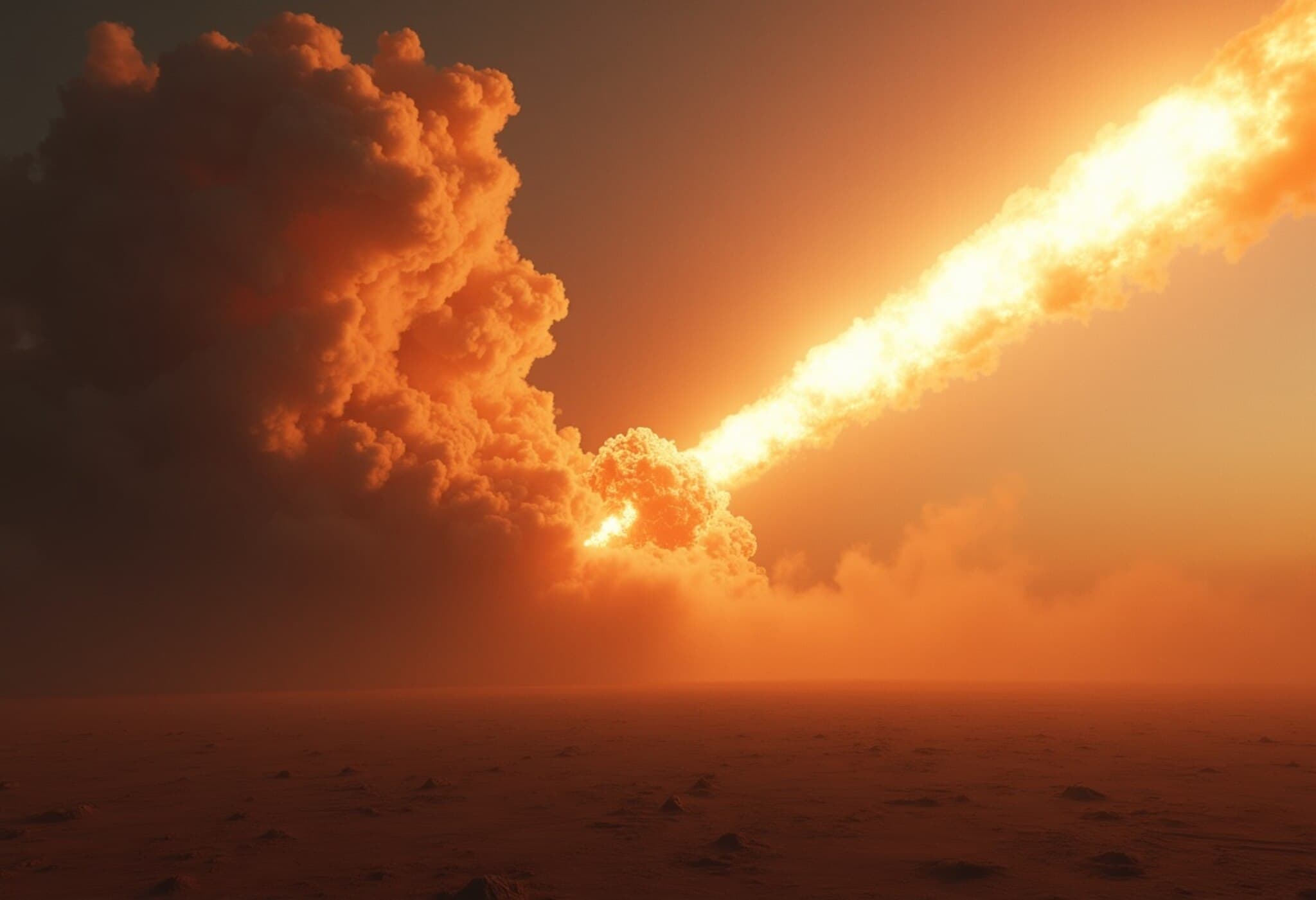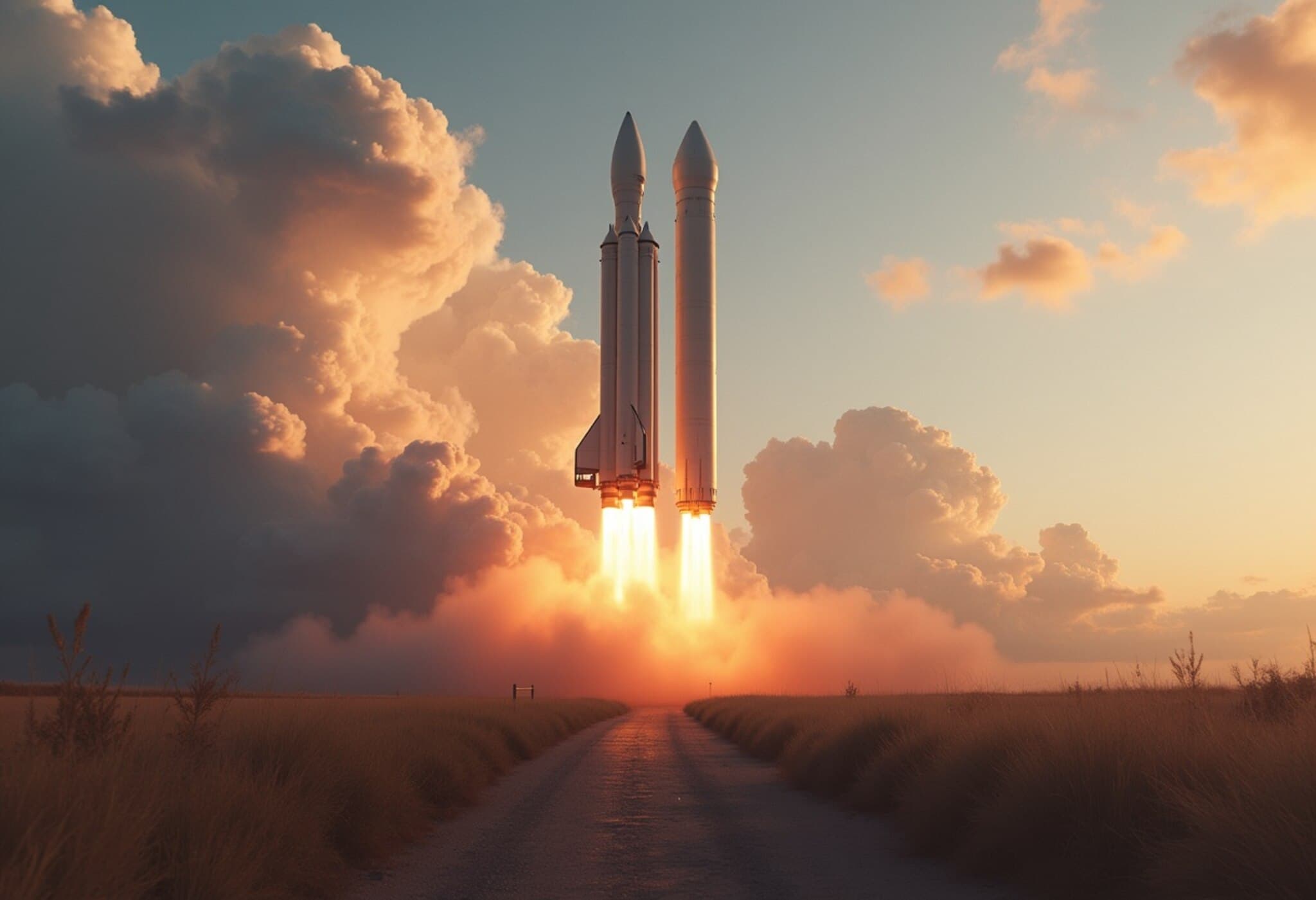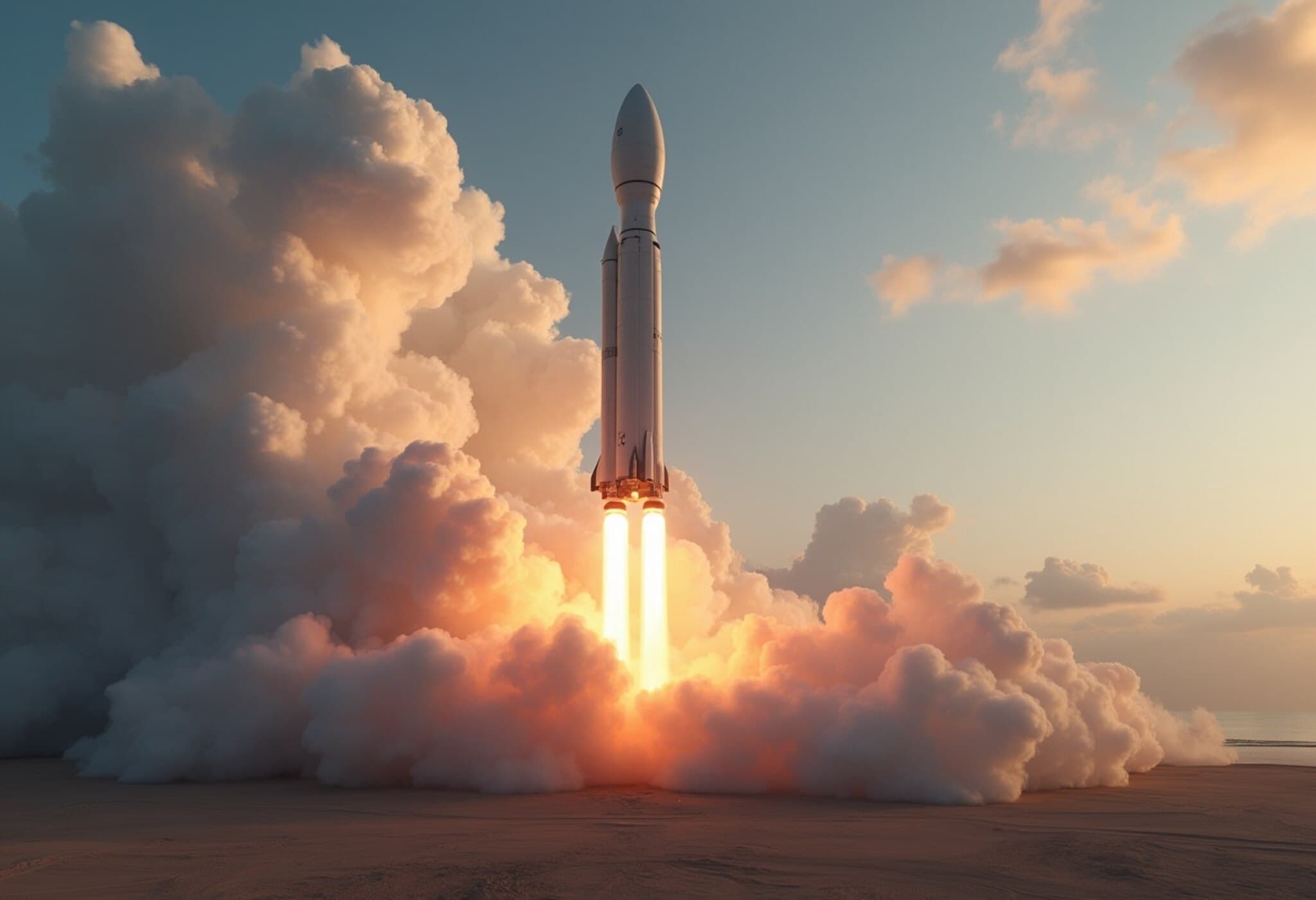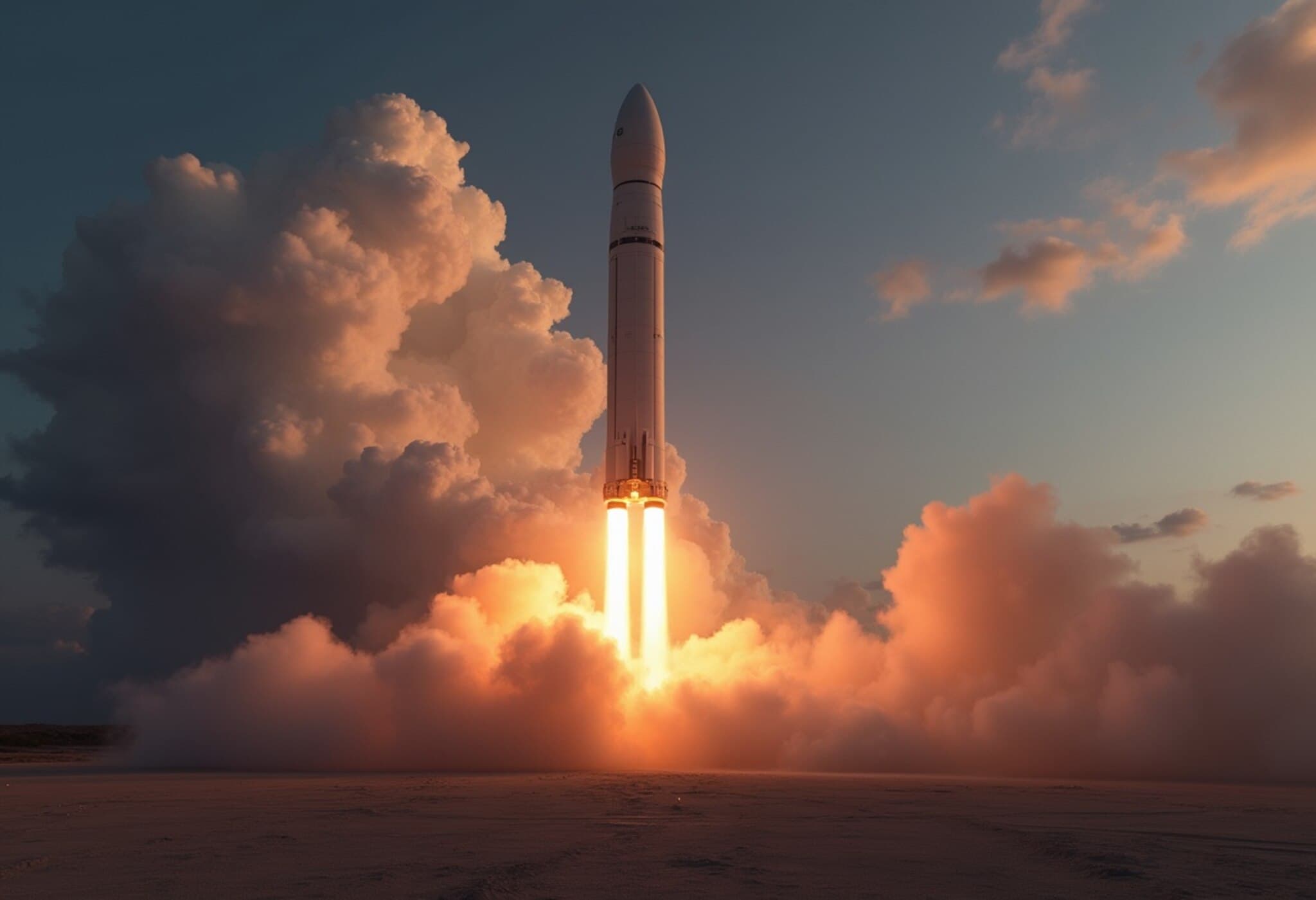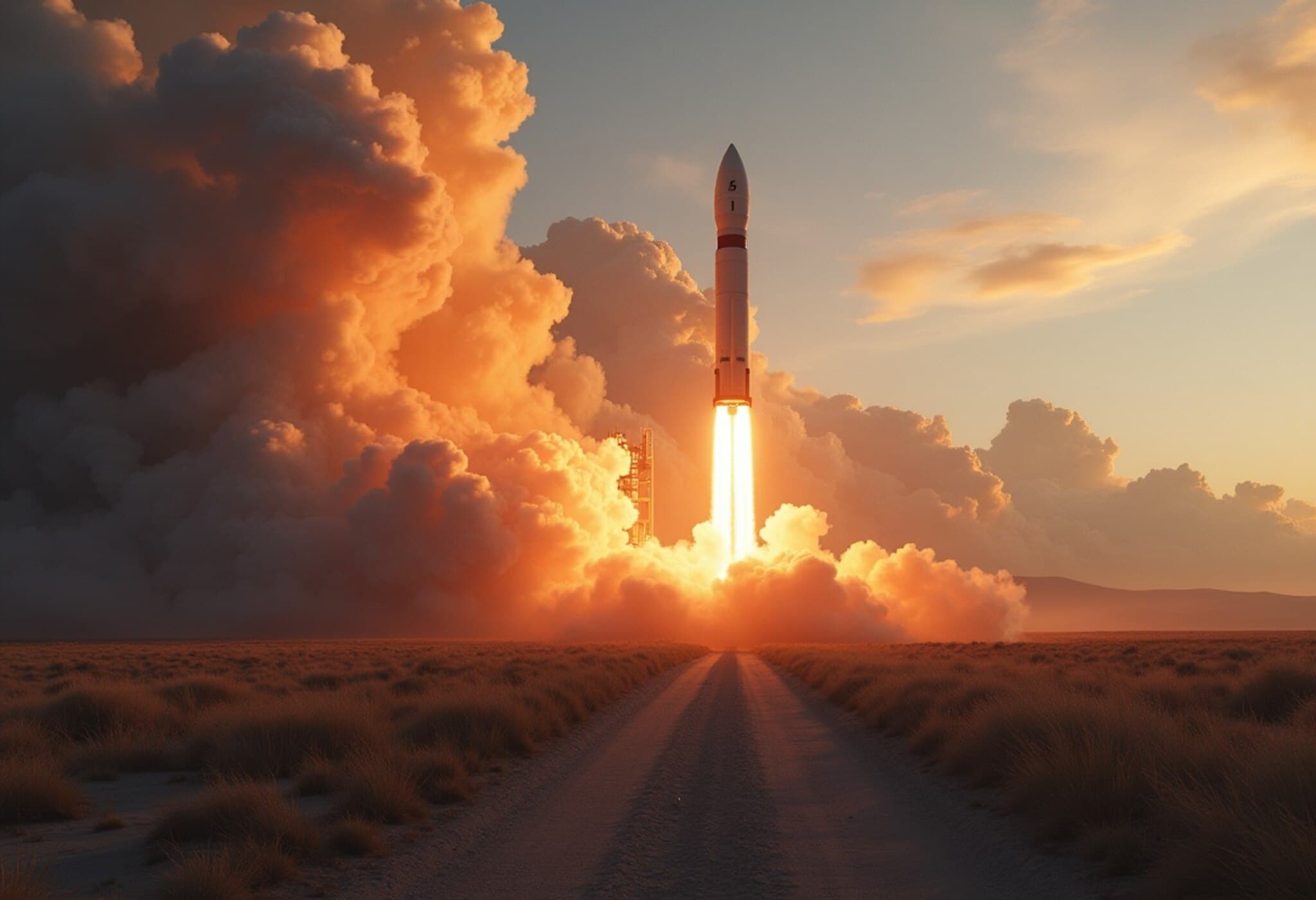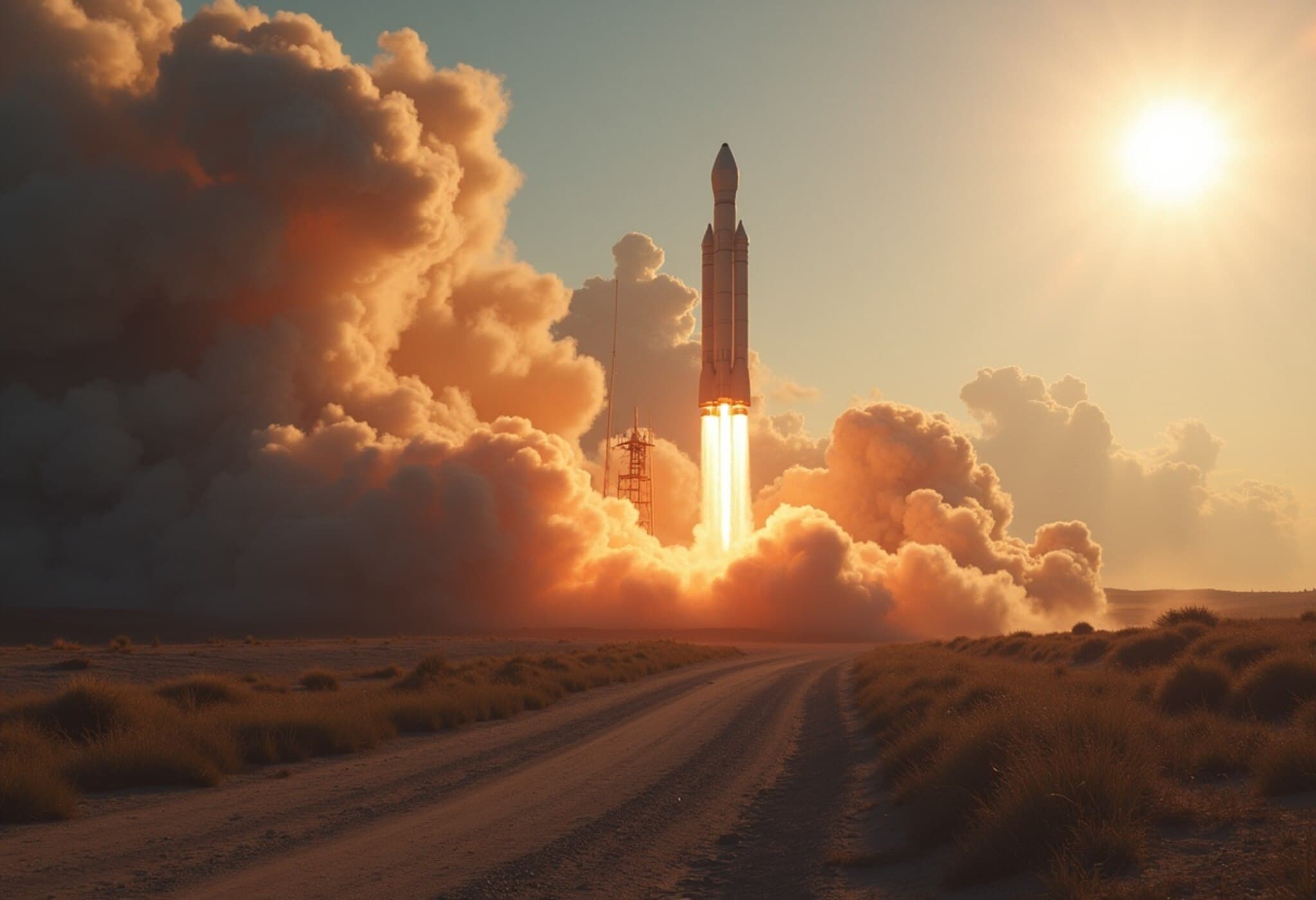Mexico Threatens SpaceX with Legal Action Following Rocket Explosion
Mexican President Claudia Sheinbaum has issued a stern warning to SpaceX, citing concerns over environmental contamination from rocket debris after a Starship test rocket exploded at the company's Starbase facility in South Texas. The incident has raised questions about the potential environmental impact on Mexico’s Tamaulipas state, which lies just south of the U.S.-Mexico border.
Explosion at Starbase Sparks Cross-Border Concerns
Last week, a fiery blast occurred during a SpaceX Starship test at Starbase near Boca Chica, Texas, a site close to the Mexican border. This explosion triggered alarm both among environmental advocates and the Mexican government, which fears the fallout could affect Mexican territory. The Starship program aims to advance reusable rockets capable of carrying humans and cargo to Mars.
Environmental and Legal Implications Highlighted
In a recent press conference, President Sheinbaum emphasized, "There is indeed contamination," confirming that Mexican officials are currently investigating potential violations of international environmental laws linked to the accident. The government plans to assess the extent of debris fallout, possible air and soil pollution, and effects on local wildlife in Tamaulipas. Sheinbaum indicated Mexico may pursue legal avenues if SpaceX’s activities are found to have harmed Mexican land or breached environmental protocols.
Exploring International Legal Channels
Mexican authorities are scrutinizing treaties related to environmental protection and space activities to determine appropriate legal steps. Although no formal lawsuit has been filed yet, President Sheinbaum's remarks suggest that legal action against SpaceX remains a strong possibility pending the outcome of ongoing investigations.
Broader Context: Tensions Between Mexico and U.S. Tech Firms
This legal threat forms part of a broader wave of friction between Mexico and U.S.-based technology giants. Earlier this year, Mexico filed a lawsuit against Google over alleged geographical mislabeling involving the "Gulf of Mexico". These disputes illustrate Mexico’s increasing resolve to defend its territorial sovereignty and environmental interests against activities by foreign tech corporations.
FAA Approvals Draw Criticism Amid Rising Concerns
Despite environmental and cross-border apprehensions, the U.S. Federal Aviation Administration recently greenlighted SpaceX to increase its Starship launches from five to 25 per year. Critics warn that the escalation could amplify risks of environmental degradation and transboundary contamination. Mexico’s response underlines growing unease about escalating launch activity near its border, highlighting a potential clash between U.S. space ambitions and neighboring nations’ environmental priorities.
SpaceX now faces mounting regulatory challenges both domestically and internationally, with possible legal setbacks from Mexico potentially delaying operations or imposing tighter restrictions on its rapidly expanding launch program.

